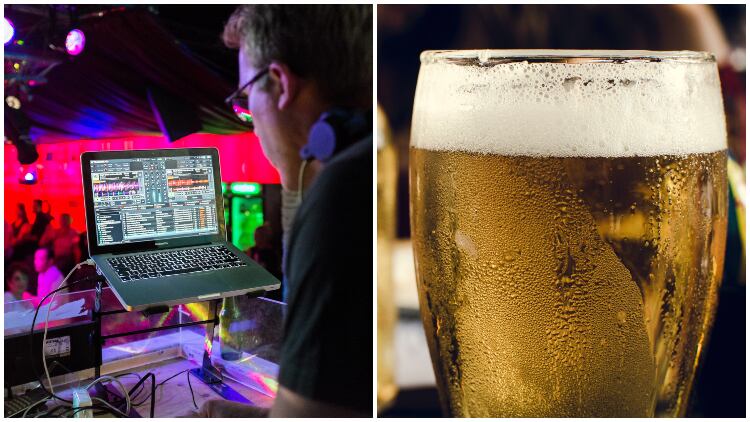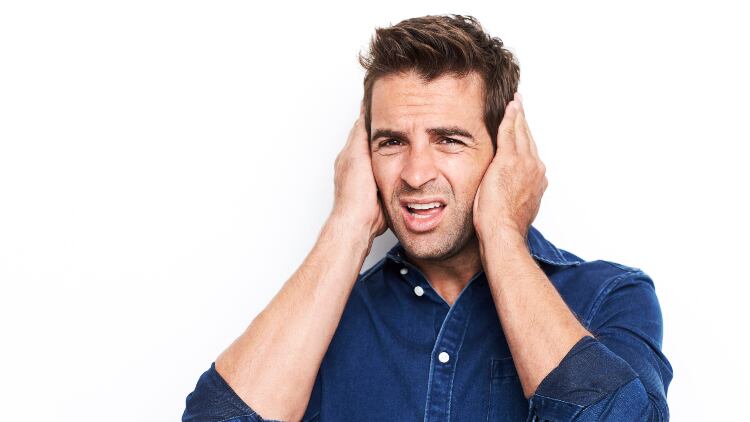In 2016, pubs were urged to turn the music down and the lights up to help create a better experience for the 10m deaf and hard of hearing in the UK.
The Association of Teachers of Lipreading to Adults said although this approach may not seem conducive to creating the right ambience for diners on a night out, it could help reinforce pubs’ community credentials and generate new business.
And now, as a result of Action on Hearing Loss charity’s research, Mumbli – a company that certifies venues on their quality of sound – is launching a campaign to develop a “Michelin-star system to rate the sound aura of venues across the UK”.
Mumbli founder Marion Marincat said: “After experiencing 80% hearing reduction at the age of 26, I founded Mumbli to help people achieve hearing gains through tech, their own hearing health and the environment.”
Achieving optimum
The campaign believes hearing is an under-serviced and under-catered sense and is on a mission to make London “sound better”.
It aims to increase wellbeing and productivity for more than the 30% of the population who are sensitive to background noise, as well as allowing staff and all guests at venues to be more productive and benefit from a less noisy environment.
The system combines acoustics, reverberation time and observational data to score and rank London’s top venues for optimising sound, with the aim to achieve an optimum and healthy level of experiencing sound at venues across the UK.
Marincat continued: “We’ve measured 300 venues in and around Shoreditch to identify the top venues in London where you can have a conversation with a balance of good atmosphere and wellbeing.”
The 10 London venues providing the best and most balanced sound experience according to Mumbli included Hoi Polloi, Spiritland Festival Hall and Bodean’s Old Street.
Each offer balanced acoustics, the ideal decibel level over a period of time, strategically placed sources of sound and carefully selected volumes of sound.
Recreational noise
According to the World Health Organisation, more than 15% of us live with some degree of hearing reduction, and it’s estimated that by 2050, more than 900m people worldwide will have disabling hearing loss.
Adam Johnson from Resonics, an acoustic specialist, said: “The biggest threat of hearing reduction is caused by recreational noise, with more than 1.1bn people aged 12 to 35 exposed to early signs, and we’re working closely with Mumbli to identify how we can reverse this effect/process in people’s everyday lives by identifying the ‘acoustic performance’ and ‘sound aura’ of a venue.”
In response to this, Mumbli has identified three key factors that, when pieced together, achieve ‘hearing gains’: the space you’re in, how your ears process sound and the tech you’re using.
Marincat continued: “We are aiming to measure and rate 1,000 spaces in 2020 and we hope to see other venues in London and across the UK to take inspiration from the list to help change the sounds around us.”



